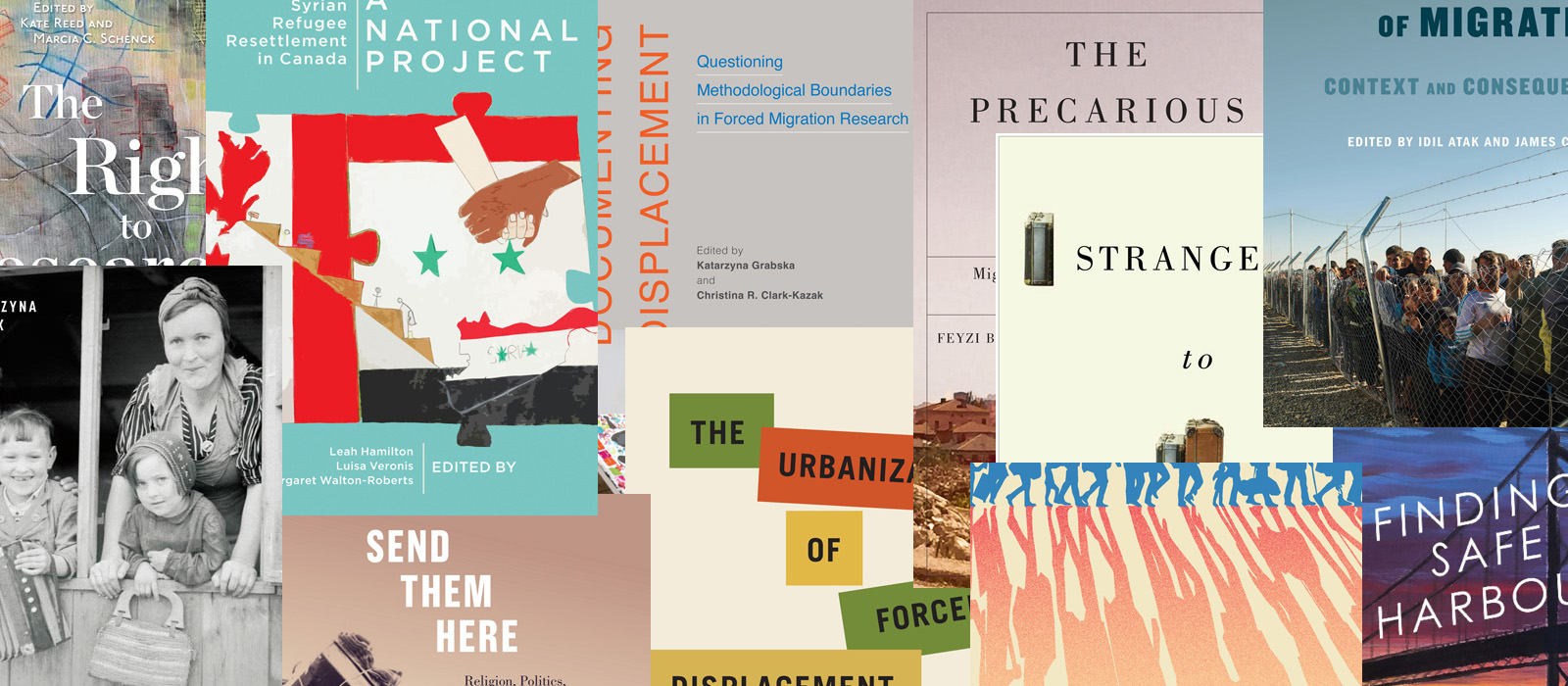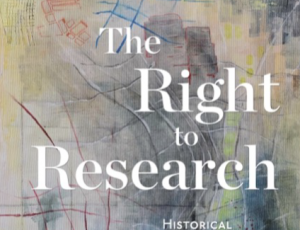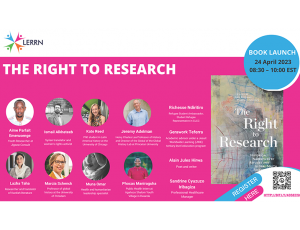Series edited by Megan Bradley and James Milner
Forced migration is a local, national, regional, and global challenge with profound political and social implications. Understanding the causes and consequences of, and possible responses to, forced migration requires careful analysis from a range of disciplinary perspectives, as well as interdisciplinary dialogue.
The purpose of the McGill-Queen’s Refugee and Forced Migration Studies series is to advance in-depth examination of diverse forms, dimensions, and experiences of displacement, including in the context of conflict and violence, repression and persecution, and disasters and environmental change. The series will explore responses to refugees, internal displacement, and other forms of forced migration to illuminate the dynamics surrounding forced migration in global, national, and local contexts, including Canada, the perspectives of displaced individuals and communities, and the connections to broader patterns of human mobility.
Featuring research from fields including politics, international relations, law, anthropology, sociology, geography, and history, the series highlights new and critical areas of enquiry within the field, especially conversations across disciplines and from the perspective of researchers in the global South, where the majority of forced migration unfolds. The series benefits from an international advisory board made up of leading scholars in refugee and forced migration studies.
To preview and purchase titles in this series, please select a title below, or visit the full series listing on the MQUP website:
Access for Global South and Non-profit Readers
These titles have been made available by MQUP and LERRN with the assistance of Carleton University Library to readers, scholars, and students located in the Global South, where the majority of forced migration unfolds, whose institutions lack the resources to purchase access to these books, as well as to those in other regions who are part of non-profit or community organizations concerned with displacement and who lack alternate forms of access to the book, or the resources needed to purchase these publications. For more information, please visit the Carleton University Library’s Digital Collection.


